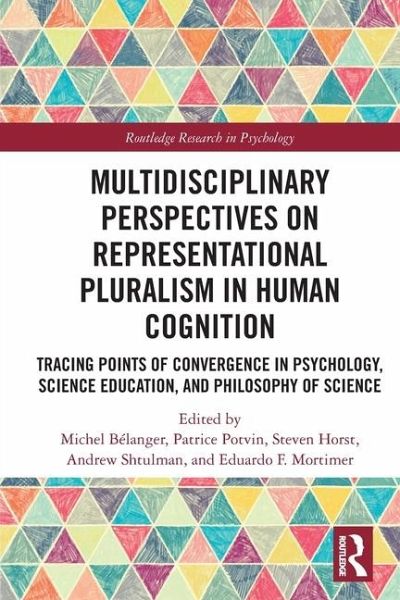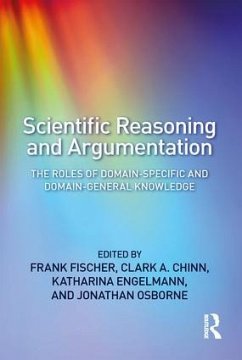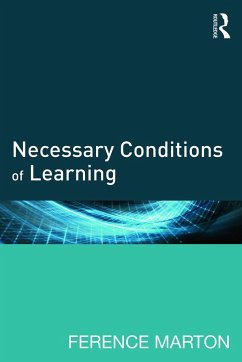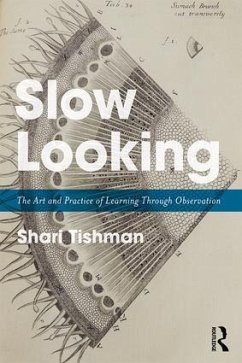
Multidisciplinary Perspectives on Representational Pluralism in Human Cognition
Tracing Points of Convergence in Psychology, Science Education, and Philosophy of Science
Herausgeber: Bélanger, Michel; Horst, Steven; Potvin, Patrice
Versandkostenfrei!
Versandfertig in 1-2 Wochen
56,99 €
inkl. MwSt.

PAYBACK Punkte
28 °P sammeln!
Bringing together diverse theoretical and empirical contributions from the fields of social and cognitive psychology, philosophy, and science education, this volume explores representational pluralism as a phenomenon characteristic of human cognition.














